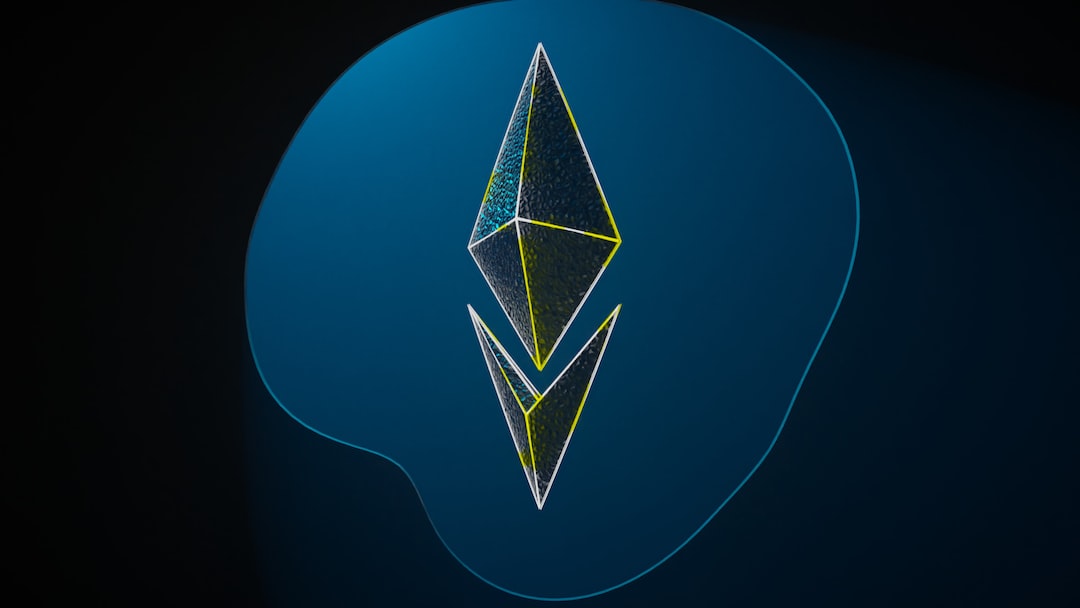ZK Rollup technology is a layer-2 scaling solution that aims to improve the transaction processing capacity of blockchain networks like Bitcoin. It achieves this by aggregating multiple transactions into a single data structure called a ZK-rollup and submitting a proof on the main blockchain to validate the transactions’ correctness without revealing their details. This reduces the computational load on the main blockchain, resulting in faster and more cost-effective transactions. Several companies and projects are working on implementing ZK Rollup technology on Bitcoin, including Optimism, StarkWare, RBTC, and Rust Bitcoin. However, the exact timeline for widespread adoption is still uncertain as the technology is still in its early stages of development. Testnet deployments, community feedback, security audits, and successful completion of testing will be crucial milestones before deploying ZK Rollup on the Bitcoin mainnet. Despite the uncertainty, these developments show the commitment of the cryptocurrency community to improve Bitcoin’s scalability and efficiency. In the near future, Bitcoin users can expect a more scalable and cost-effective blockchain experience with the implementation of ZK Rollup technology.
Hot Take: ZK Rollup Technology to Enhance Bitcoin’s Scalability
ZK Rollup technology has emerged as a promising solution to address Bitcoin’s scalability issues while maintaining its security and decentralization. Companies like Optimism, StarkWare, RBTC, and Rust Bitcoin are actively working on implementing this technology on the Bitcoin network. Although the timeline for widespread adoption is uncertain, significant progress has been made through testnet deployments and community feedback. Security audits will also play a crucial role in ensuring the robustness of ZK Rollup solutions. The ultimate goal is to deploy this technology on the Bitcoin mainnet, providing users with faster and more cost-effective transactions. With continued advancements in ZK Rollup technology, the future looks promising for improving Bitcoin’s scalability and efficiency.





 By
By
 By
By
 By
By
 By
By
 By
By
 By
By